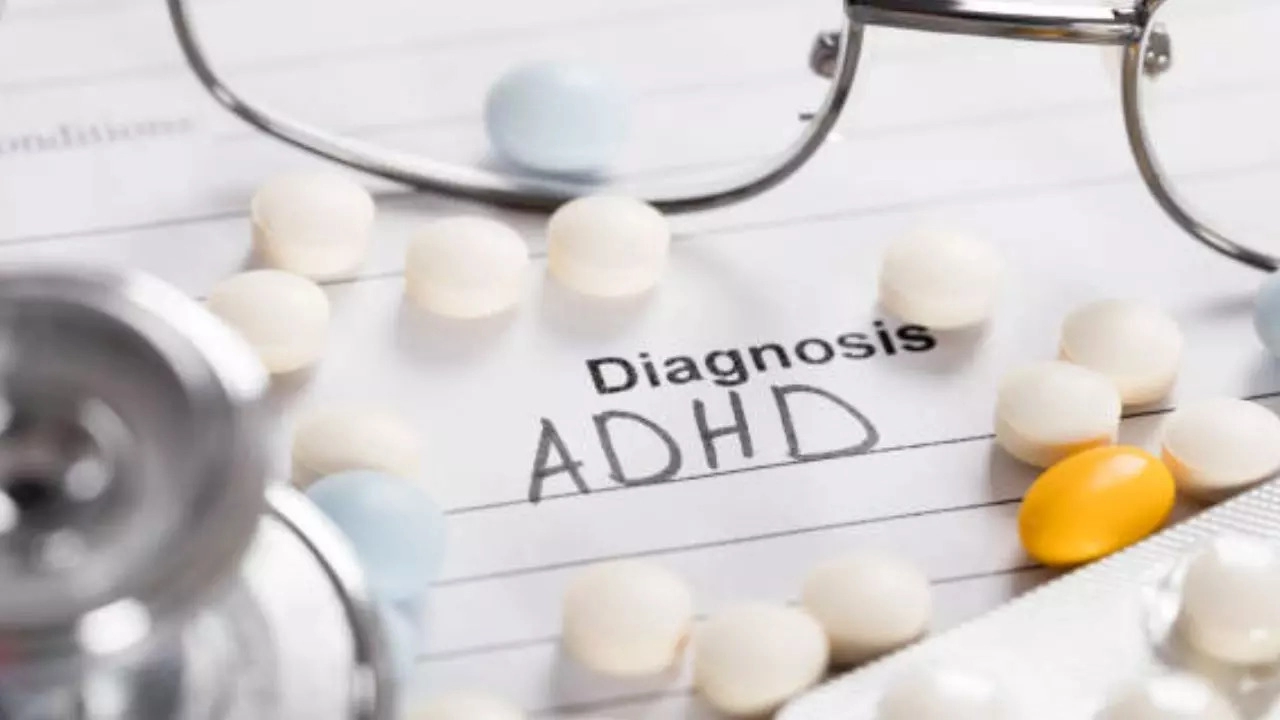Pallavi Mehra • 13 Sep 2024
High Doses Of ADHD Medications Linked To Increased Risk Of Psychosis: Study

High Doses Of ADHD Medications Linked To Increased Risk Of Psychosis: Study (Image Credits: iStock)
A recent study has raised concerns about the use of high doses of amphetamine stimulants, such as Adderall, for treating attention deficit hyperactivity disorder (ADHD). Published in the American Journal of Psychiatry on September 12, the study revealed that patients taking high doses of these medications face a significantly increased risk of developing psychosis or mania.
The research, led by Dr Lauren Moran, a pharmacoepidemiology expert at McLean Hospital in Massachusetts, found that patients had a 63 per cent higher chance of experiencing psychosis or mania if they had taken prescription amphetamines in the past month. The risk was particularly alarming for those on heavy doses, with an 81 per cent increase in the likelihood of a psychotic episode. The greatest danger was observed in patients taking 30 milligrams or more of dextroamphetamine, which equates to 40 milligrams of Adderall.
“Stimulant medications don’t have an upper dose limit on their labels, but our results indicate that dosage plays a crucial role in the risk of psychosis,” Dr Moran explained. “This is a rare but serious side effect that should be carefully monitored by both patients and healthcare providers when these medications are prescribed.”
The rise in prescriptions for amphetamine stimulants, particularly during the pandemic, has prompted concern. While these medications are effective in treating ADHD, the study suggests that high doses may pose risks. Dr Moran emphasized that the findings should not alarm patients but should encourage conversations between people and their doctors about the dosage and potential side effects.
The study analyzed data from nearly 1,400 patients admitted to Massachusetts General Brigham Hospital between 2005 and 2019, who were experiencing their first episode of psychosis or mania. These patients were compared to over 2,700 people hospitalized for other psychiatric conditions such as depression or anxiety. The analysis showed a clear link between amphetamine use and the risk of psychosis, particularly with higher doses.
Amphetamines, including Adderall, work by stimulating the release of dopamine, a brain chemical that helps regulate mood and behaviour. However, excessive dopamine levels are also associated with psychosis, which could explain the increased risk observed in the study.
Dr Moran noted that her motivation for conducting the study stemmed from her experiences as an inpatient psychiatrist. She and her colleagues frequently encountered patients with no prior history of psychosis, only to discover that they had been prescribed high doses of stimulants by their doctors.
The study also highlighted alternatives for ADHD treatment. For example, prescriptions for methylphenidate, commonly known as Ritalin, did not show an increased risk of psychosis or mania. “There’s limited evidence that higher doses of amphetamines are more effective,” Moran stated. “Physicians should consider other medications that pose less risk, particularly if the patient is at high risk for psychosis or mania.”
With ADHD diagnoses on the rise, the findings underscore the importance of responsible prescribing practices and careful monitoring of patients, especially those on higher doses of amphetamines. Both doctors and patients should be aware of the potential risks, particularly when considering dosage increases.
The study also emphasizes the importance of early detection and monitoring of any psychiatric symptoms in patients prescribed stimulants. Though the risk of developing psychosis is relatively rare, the consequences can be severe, and careful management is essential for maintaining patient safety.
While amphetamines like Adderall are widely used and effective for treating ADHD, this study suggests that high doses may increase the risk of psychosis or mania. Patients should discuss their dosage with their doctors and explore alternative treatments if necessary, especially those at higher risk for mental health issues. The research highlights the need for a cautious and individualized approach to ADHD treatment, prioritizing both efficacy and safety.
Get Latest News Live on Times Now along with Breaking News and Top Headlines from Mental Health, Health and around the world.